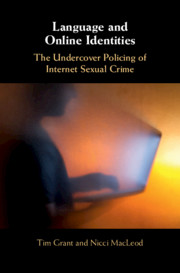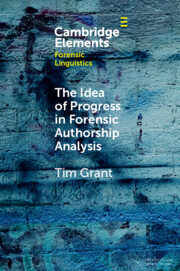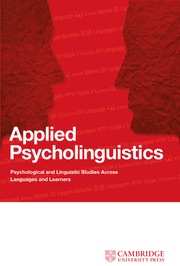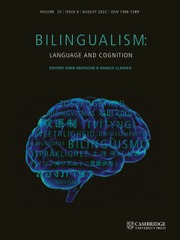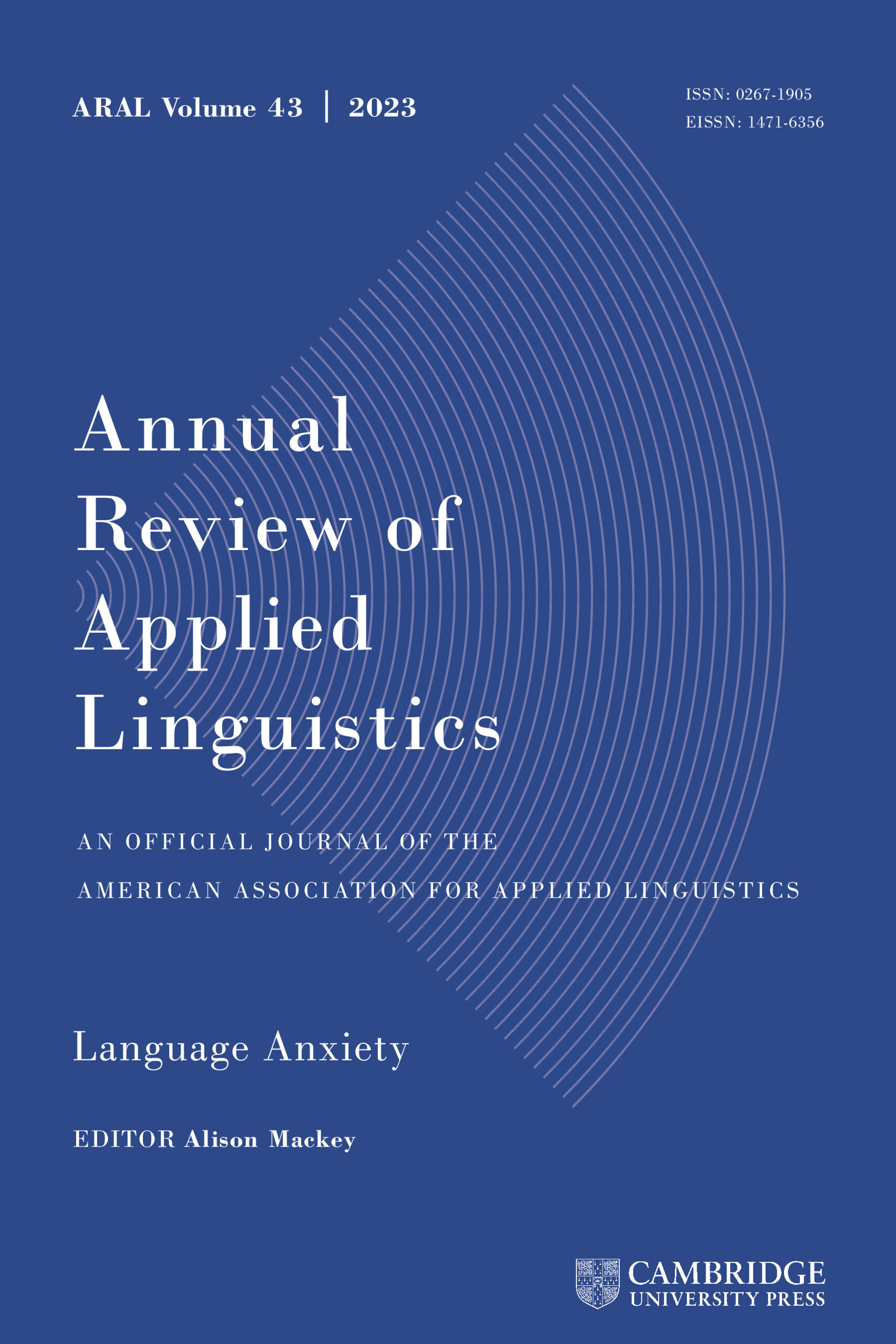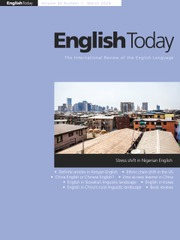Language and Online Identities
Forensic linguistics is at the cutting edge of the undercover policing of child sexual abuse on the open internet and dark web, and language and identity is a fundamental part of this. The authors have drawn on their extensive experience in training undercover officers to develop innovative methods in identifying the creation and performance of online personas, crucial in detecting identity disguise online. This groundbreaking book demonstrates these methods through case studies, whilst also exploring the link between language and identity. By bringing together previously opposed positions in forensic authorship analysis, the book develops a novel theory of linguistic identity, which will resonate not just in forensic authorship research but in sociolinguistics more widely. This unique forensic linguistic project has real-life impact in assisting the police in their investigation of online abusers, and has impact for students and researchers of linguistics, through its contribution to the research of linguistic identities.
- Draws upon a unique research project applying linguistics to online undercover policing of child sex abuse, showing how linguistics can be applied in a new area to the benefit of society
- Develops a method for describing a complete linguistic persona and demonstrates how this is important to forensic authorship analysis and the new task of authorship synthesis
- Introduces a novel theory of linguistic identity, bringing together previously opposed positions in forensic authorship analysis, which will have broad implications for future forensic authorship research and sociolinguistic work more widely
Reviews & endorsements
'Language and Online Identities is a very readable book crammed with newly researched, important and often disturbing material of a kind not publicly available before and all well illustrated with fascinating examples.' Malcolm Coulthard, Federal University of Santa Catarina, Brazil
'The authors should be commended for their incredibly important work in this area. The field of forensic linguistics is better for it, not only for how it has already helped law enforcement, but also for the ways in which we can use the information presented here to help protect the vulnerable in the future in an ever-increasingly online world.' Karen E. Lillie, State University of New York, Fredonia
Product details
March 2020Hardback
9781108487306
212 pages
235 × 159 × 16 mm
0.42kg
14 b/w illus. 18 tables
Available
Table of Contents
- 1. Introduction
- 2. Data and methods
- 3. Experimental results
- 4. Training identity assumption
- 5. Resources and constraints in abuse identity performance
- 6. Contexts for linguistic investigative advice
- 7. Implications and future directions.

